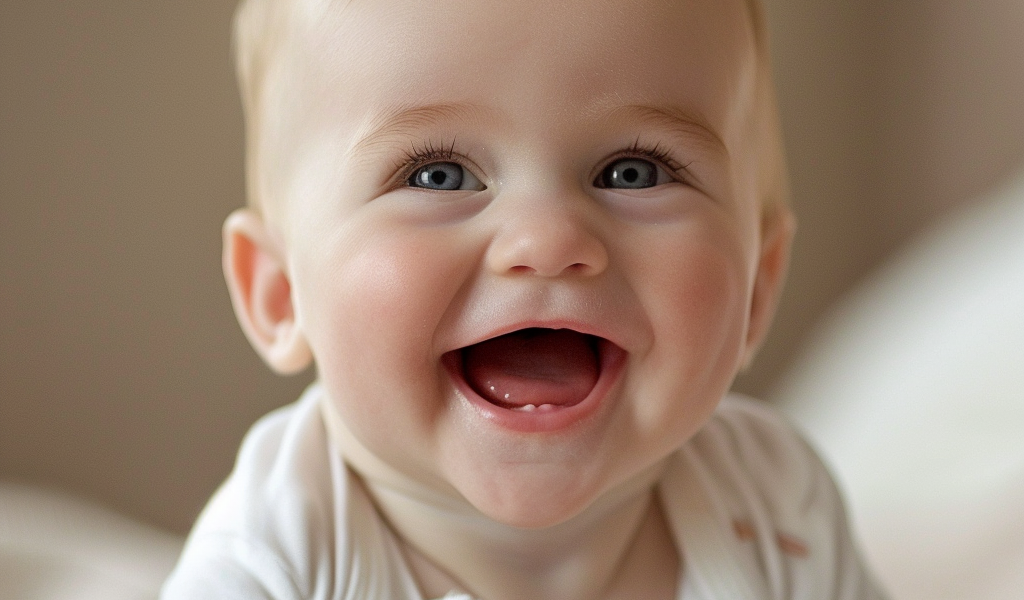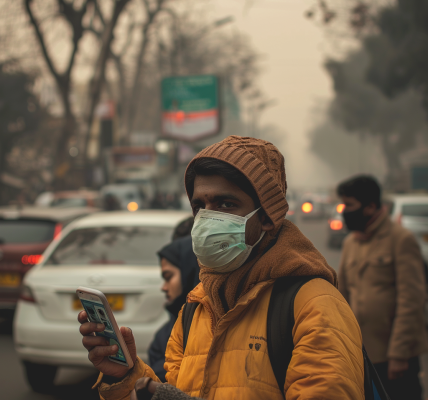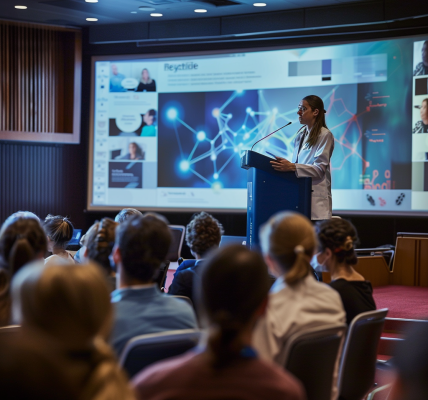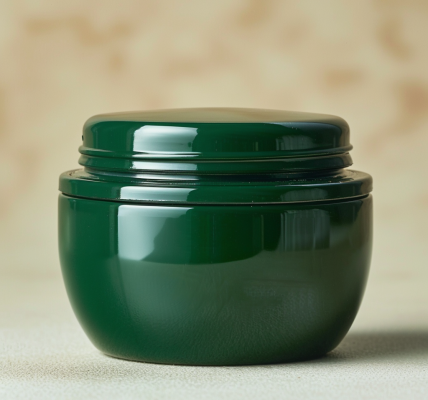Recent research has suggested that babies born through in vitro fertilization (IVF) may have a higher risk of developing childhood leukemia compared to those conceived naturally. The study found that children conceived using frozen embryos had a 61% greater chance of developing the blood cancer later in life, while babies conceived via IVF using fresh embryos also had a heightened risk, at 41%.
However, experts have pointed out that the technology itself may not be the direct cause of the increased risk. They proposed that older and less fit couples, who are more likely to undergo IVF treatment, might have a higher chance of having children with leukemia in general, which could explain the results.
It is important to note that IVF treatment currently has a success rate of up to 40%, with around a third of IVF cycles among under-35s resulting in a live birth in the UK in 2019. This success rate drops significantly to just 4% in women over the age of 44.
The study, conducted by French researchers who tracked over 8.2 million children, emphasized that the findings should be interpreted with caution. Charities have also reassured parents not to be overly alarmed, highlighting that the overall risk of children conceived via IVF developing leukemia still remains low.
Dr. Richard Francis, deputy director of research at Blood Cancer UK, acknowledged the well-conducted nature of the study but advised against parents worrying excessively. He emphasized that the study cannot definitively prove a direct link between assisted conception and the risk of blood cancer.
While the study raises important considerations, it is crucial for parents who have had a child through IVF or are considering fertility treatment not to panic. Further research and analysis are needed to fully understand the potential implications of IVF on childhood leukemia risk.





